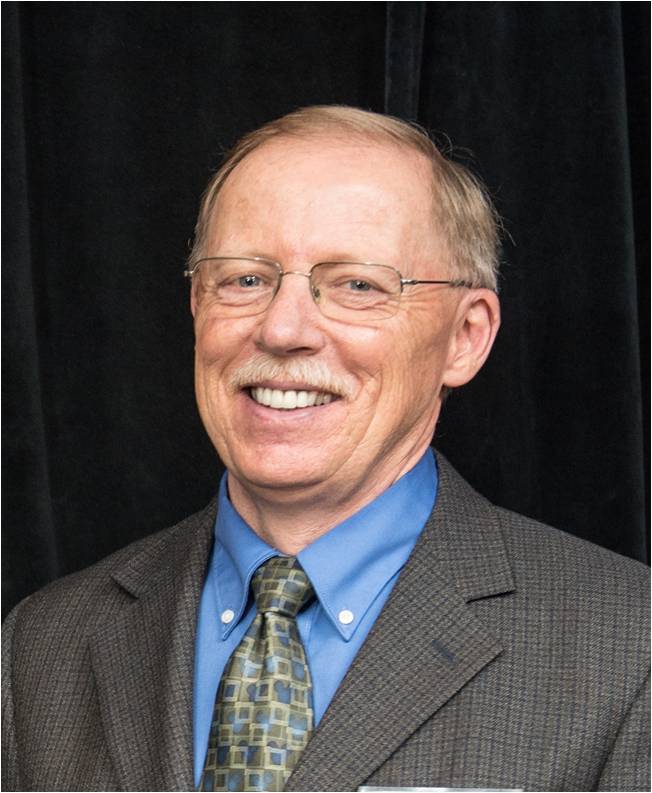As I compose this column on the 77th anniversary of the surprise attack on Pearl Harbor by the Japanese, I am reminded (along with the passing of President George H.W. Bush) that the members of the ‘greatest generation’ are rapidly declining in number, and find that the axiom of ‘those who do not learn from history are doomed to repeat it’ still resonates. I’m sure people could write dissertations on the parallels between our current political climate and the era around the First and Second World Wars, but that’s best left to the experts. I will speak about the ongoing need to ensure that our students learn about history and how it impacts our lives, and to also provide opportunities for them to practice citizenship skills through student organizations, athletics, and related extracurricular activities. In this way, it’s possible to make history more relevant and to have students realize that history is made one day at a time, is comprised of many actions, and only a few make the history books.
We have all made history in many ways as is reflected in our outlooks, opinions, and interactions with others and, despite not necessarily being recorded, is evidenced by our friends, our families or our communities. It’s also interesting and informative that we seldom know, or can recognize, which pieces of our own activities during our lives will become the ‘important’ facets of our personal history. We’re faced with multiple decisions on a daily basis and many of those choices are between alternate pathways. From the seemingly mundane (do I choose grape jelly or raspberry jam to go with my peanut butter) to what may be a simple choice but has consequences down the road (as a student, do I choose a college preparatory program or a vocational program). Often, consequences are not quite clear at the time choices are made because it’s nearly impossible to see the future. While hindsight is supposed to be 20/20, it’s often too late, or very difficult, to change some significant decisions once they’ve been implemented. It’s important to use past experiences to try and ascertain potential consequences before making decisions about the future and that’s one reason history is so important.
Learning that is influenced by others (friends, family, religion, teachers, and the community) may be the most important. From learning to talk to learning a musical instrument, and from learning to collaborate to learning social etiquette, we rely on others to provide instruction based upon their knowledge, experiences, and history. As perhaps our own experiences demonstrate, we often have to test those lessons in the real world before they effectively become part of our daily lives. We can tell our children the stove is hot but experiencing it tends to reinforce that lesson and make it resonate forever.
Fortunately, most of us we have the capacity to learn from others, which makes acquiring knowledge much faster and safer than finding everything out firsthand (imagine if everyone learned to swim by being thrown into a deep lake). This means that, as educators, we have to create safe environments for students to learn and provide opportunities to ask questions freely, experiences to help solidify understanding, a means to practice the knowledge or skill in a controlled manner, and ensure that we account for different learning styles and personalities. While this can be challenging in a home or one-on-one environment, it can be very difficult in a classroom in terms of meeting each student’s individual needs, learning styles, and making effective ties to their own personal experiences. To that end, teaching is not just a rote practice, is certainly not simple, and not only requires content and pedagogical knowledge, but the ability to relate, to collate knowledge about each student, and the patience and fortitude to determine each child’s engagement points. Teaching is truly hard work that requires much preparation and is why, in many countries, teachers are supported and revered as much as other professionals such as doctors. In this season of gratitude I’d hope that many will understand this and acknowledge our teachers for the outstanding work they do on a daily basis.



